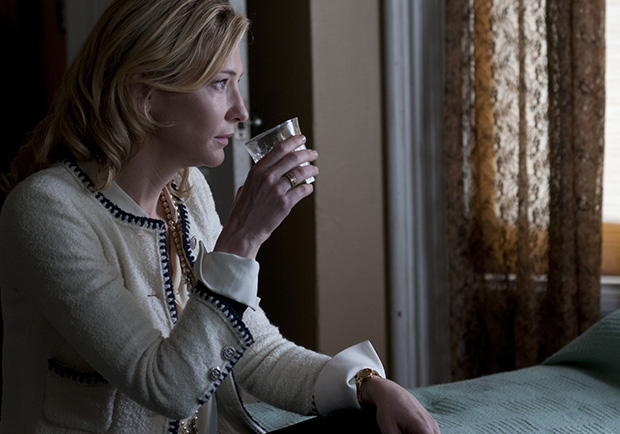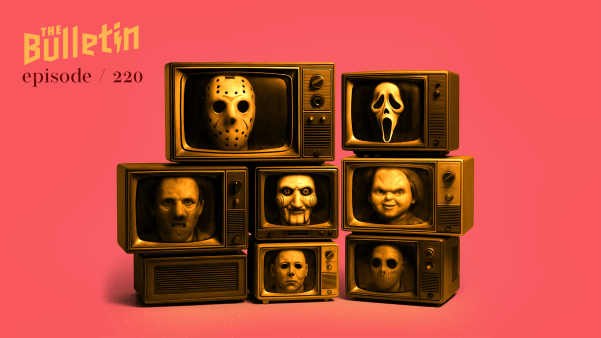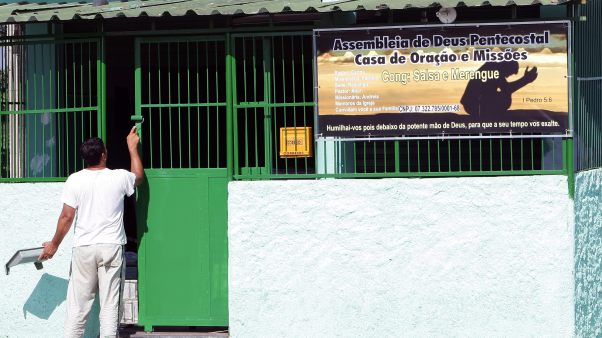In 2009, I was lucky enough to see the great Cate Blanchett (and Gatsby's Joel Edgerton) in the Sydney Theatre Company's production of A Streetcar Named Desire near my home in Brooklyn. Blanchett was Blanche, the washed-up former Southern belle with secrets and delusions of grandeur who flees to her less sophisticated little sister, Stella, and her brawling husband Stanley when she falls on hard times.
Blanche looks down on Stanley: "I guess he's just not the type that goes for jasmine perfume," she says to Stella, pointing out his inadequate taste when contrasted with people of their breeding. But her sense of superiority is her downfall. Truthfully, I don't remember much about the rest of the production, but I remember that Blanchett was exquisite, her Blanche equally beautiful, pitiful, and despicable.
 Sony Pictures Classics
Sony Pictures ClassicsWoody Allen apparently saw the production, too, because he's just made Blue Jasmine, in which Blanchett stars as Jasmine, a washed-up older sister with a secret who flees from her Park Avenue home after misfortune befalls her due to her unscrupulous husband (Alec Baldwin), cast in the Bernie Madoff mold. She heads to San Francisco to stay with her less sophisticated little sister, Ginger, and her sincere-if-greasy boyfriend. It wasn't billed as an update of Tennessee Williams' classic play, but that's clearly what Blue Jasmine is. Both Blanche and Jasmine are desperate to keep up the appearance of their luxurious former lives; both have been the victims—maybe?—of despicable husbands and weak men; both find their little sisters' choice in men disgusting.
And both have dark, ugly secrets to keep.
Much has been written about Woody Allen's extensive career arc. He's seventy-seven, but he still works more than anyone in Hollywood, writing and directing a film nearly every year—the last year he missed was 1981. Though he's made some formidable dramas—see, for instance, 1989's Crimes and Misdemeanors—he's still best known his canonical comedies, like Annie Hall (1977) and Manhattan (1979). Yet his work of late (from 2005's very dark Match Point to the sublime 2011 Midnight in Paris) seems to imply that the auteur is getting especially reflective in his old age about the punishments the universe doles out when we slip too far into escapist fantasy, be it historical, sexual, or otherwise. And he's being up-front about that in his movies.
Allen himself confirmed this point in a 1995 interview with the Paris Review:
The same things come up time after time [in my work]. They're the things that are on my mind, and one is always feeling for new ways to express them . . . For me, certainly the seductiveness of fantasy and the cruelty of reality.
Like many of Allen's recent protagonists, Jasmine is "blue," indeed, nearly wild with her self-pitying, and obsessed with what she's lost, a point the film underlines by bouncing back and forth between the San Francisco present and the Park Avenue past. That structure gets to feel too mannered after a while, and sometimes it plods. But it means the greatest revelations come as the plot unfolds from its center, something that keeps us as viewers engaged.
 Sony Pictures Classics
Sony Pictures ClassicsIt's hard to imagine anyone better than Blanchett, who veers from elegant poise to terrifying insanity in about half a second. But true to habit, Allen fills out the cast with a bounty: the awkward and sublime Sally Hawkins (from Happy-Go-Lucky) is Jasmine's sister Ginger and her best counterpoint; they're both surrounded by a bevy of men, including Alec Baldwin, Peter Saarsgard, Andrew Dice Clay, Michael Stuhlbarg, and a perfectly cast Louis C.K.
For all its great acting, though, it's hard to say if Blue Jasmine is any good as a film. It's hard to like. It's unsettling: No viewer will leave the theater feeling good in general about life, love, or the future. I walked out of the screening room listening to one critic remark perturbedly to another, "I can't believe that's where that ended—what is he saying?"
Allen's saying what he's always been saying, and what Tennessee Williams was saying, too—and it's unsettling because we all see ourselves in the self-absorbed posturing. Jasmine and Blanche are women without futures because they're victims of their fantasies, and they are coming apart at the seams.
We all project personas at parties and in classrooms and around dinner tables (not to mention on the Internet), but we're terrified by the possibility that we might be discovered. This isn't just a problem for the uppity moneyed elite like Jasmine: it's a human problem, a problem of pride. So we pretend to be witty and attractive and put-together and likeable, hoping desperately that we aren't found out.
Take a close look at yourself, Blue Jasmine warns. Watch that you don't slip into delusions of grandeur, considering yourself more highly than you ought and judging others when they don't see you the same way. Heed Allen's warning about "seductiveness of fantasy and the cruelty of reality."
Because pride? It goes before a hard, ugly fall.
Caveat Spectator
Blue Jasmine is rated PG-13 for mature thematic material, sexual content, and some profanities. Characters speak frankly (though not graphically) about sex. One character is clearly an alcoholic. Various characters cheat on their spouses and significant others. One character attempts to force himself on another, though he is not successful; another, in a rage, throws things in an apartment.
Alissa Wilkinson is the chief film critic for Christianity Today and an English and humanities professor at The King's College in New York City. You can follow her on Twitter at @alissamarie.











